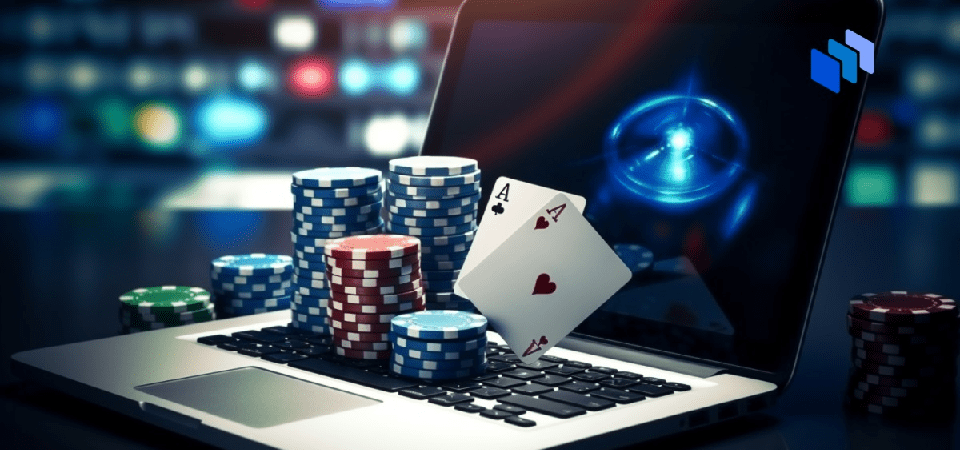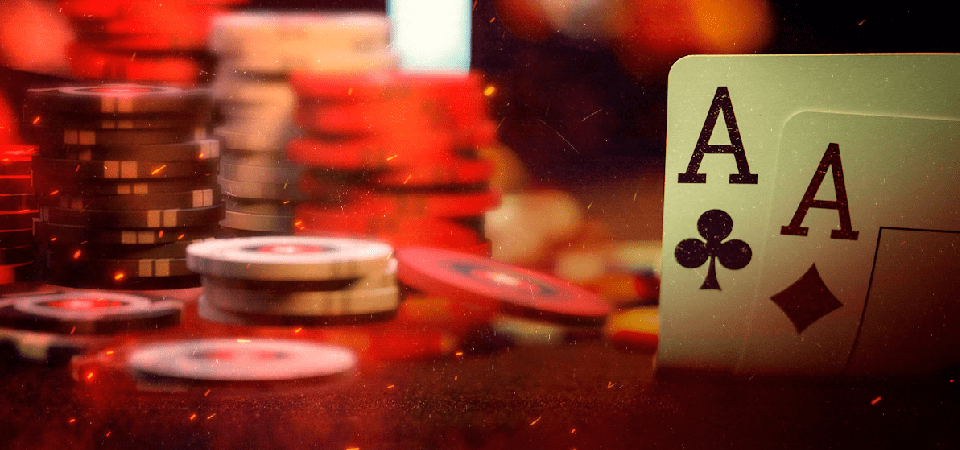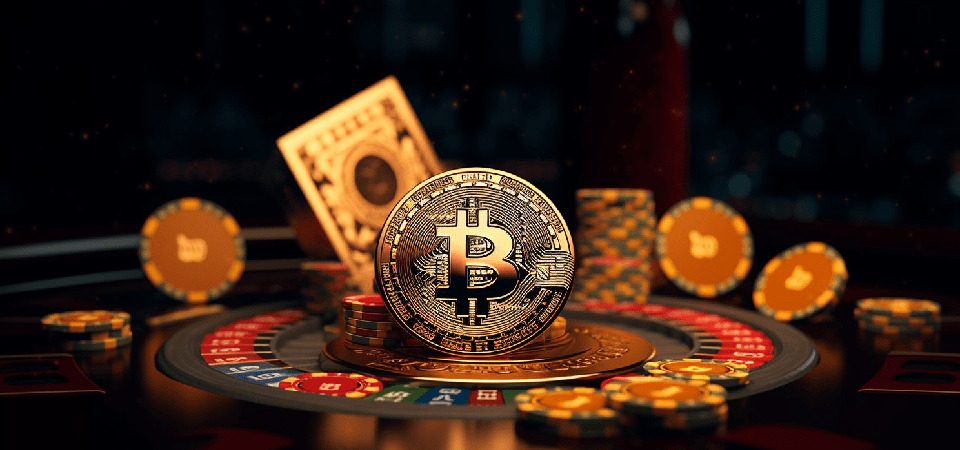The Psychology of Online Casino Gaming: How Your Mindset Shapes Your Results
Online casino games are often seen as pure luck or randomness, but what if I told you that the way you approach your games psychologically can have a real impact on your results? Whether you’re aware of it or not, your mindset, emotions, and behaviors can heavily influence how you gamble, how you manage your bankroll, and how you handle wins and losses.
In this guide, we’ll explore the psychology behind online casino gaming, uncover how different mental states affect your playing decisions, and provide tips on how to control your thoughts to improve your experience. After all, a good game strategy isn't just about understanding the rules—it’s about mastering your own mind.
1. The “Hot Streak” Delusion: How Winning Can Be Your Worst Enemy
It’s the ultimate gambler’s fantasy: you hit a big win, then a few more. Your confidence skyrockets, and before you know it, you’re betting higher, going faster, and pushing your luck even further. This is known as the hot streak fallacy—the belief that your current run of wins will continue indefinitely, even though every spin, hand, or roll is still an independent event.
Why It’s Dangerous:
When you're in the middle of a hot streak, your judgment becomes clouded by euphoria. You might raise your bets higher than usual, thinking you're "on fire," but this often leads to reckless behavior. Gamblers on a hot streak frequently don’t know when to stop and end up losing everything they’ve won and more.
Tip:
Set win limits—decide in advance how much profit you're willing to walk away with once you’ve hit a certain amount. Once you reach that goal, don’t hesitate to cash out. Understand that the house always has an edge in the long run, and hot streaks can’t last forever.
2. The “Loss Chasing” Trap: Why Losing More Can Lead to Bigger Losses
The flipside to the hot streak fallacy is the loss-chasing mentality. If you’ve just had a losing session, your mind may tell you that you’re due for a win, so you start betting higher in an attempt to recover your losses. This behavior is one of the most dangerous traps in gambling, often leading players into spirals of increasing losses.
Why It’s Dangerous:
Chasing losses can quickly exhaust your bankroll, and the more you chase, the more you might fall into the trap of "escalation of commitment." This is the idea that once you're deep into a losing streak, you may feel like you need to gamble even more to recoup your losses, even though the probability of a win has not changed.
Tip:
Practice self-discipline by setting strict loss limits. For example, determine in advance that you’ll stop playing if you lose 30% of your initial bankroll, and stick to that rule. By doing so, you prevent your emotions from dictating your betting decisions.
3. The Illusion of Control: How Believing You Can Influence the Outcome Can Backfire
A common cognitive bias in gambling is the illusion of control, where players believe they can influence the outcome of games through strategies, patterns, or superstitions. This is particularly common in games like slot machines, where players may repeatedly hit the spin button in a certain rhythm, or in roulette, where some players feel that they can “predict” where the ball will land.
Why It’s Dangerous:
While it’s true that some games like blackjack or poker involve a level of skill and strategy, most casino games are based on pure chance (such as slots, roulette, or dice games). The illusion of control can lead you to make irrational decisions, such as betting bigger in an attempt to "force" a win or believing that certain rituals will change the odds.
Tip:
Recognize when you’re falling for the illusion of control and remind yourself that luck is a significant factor in most games. Focus on strategies that are based on probability and statistical outcomes, rather than relying on superstition or a belief that you can "bend the odds."
4. Confirmation Bias: How Your Brain Misleads You in the Moment
Confirmation bias is a cognitive phenomenon where you focus on information that confirms your beliefs and ignore anything that contradicts them. In the context of gambling, this often manifests as remembering your big wins and forgetting your losses. If you’re on a losing streak, you may subconsciously remember only the small wins or moments where you almost hit it big, while dismissing the bigger losses.
Why It’s Dangerous:
This bias can distort your perception of your own success. For example, you might believe that you're "due" for a win because of all the close calls you've had, even though you’ve been losing overall. This can cause you to continue playing when you should take a break.
Tip:
Keep a gambling journal to track your wins and losses. Writing down the details of each session will help you develop a clearer picture of your true performance and will prevent you from falling prey to confirmation bias. It’ll also help you identify patterns, such as certain games where you consistently lose more than you win.
5. The Impact of Emotions: How Mood Affects Your Decision-Making
How you’re feeling emotionally can drastically affect your behavior at an online casino. When you’re happy and relaxed, you’re more likely to make calm, rational decisions. However, emotions like frustration, anger, or even excitement can skew your judgment, leading you to make impulsive decisions that aren’t based on sound strategy.
Why It’s Dangerous:
Emotional gambling often leads to impulsivity, where you make decisions without fully thinking them through. For example, a player who’s upset after a bad day may try to "blow off steam" by gambling, betting higher to chase a win, or playing longer than they intended. This can result in both emotional and financial consequences.
Tip:
Make sure you’re in a neutral emotional state before you start gambling. If you’re feeling frustrated, anxious, or overly excited, take a break and avoid playing. It’s better to gamble when you’re calm and collected, allowing you to make better decisions. You can also set a rule that if you’re losing and your emotions are running high, you’ll walk away from the game to avoid making rash decisions.
6. The Gambler’s Fallacy: The Belief That Past Results Affect Future Outcomes
The gambler’s fallacy is one of the most common misconceptions in gambling. It’s the belief that past results have an impact on future outcomes. For example, you might believe that if a roulette wheel has landed on red five times in a row, black is "due" to hit next, even though the odds are still the same with every spin.
Why It’s Dangerous:
Believing in the gambler’s fallacy can lead you to make incorrect betting decisions, thinking that you're "outsmarting" the game. It can also encourage you to keep playing when you should stop because you believe you're "due for a win."
Tip:
Remind yourself that each roll, spin, or deal is independent of the previous one. The odds remain the same each time you play, regardless of past outcomes. Don’t fall into the trap of thinking that results are somehow "predetermined" by prior events.
7. The Role of FOMO (Fear of Missing Out) in Online Casino Gaming
The allure of big jackpots, massive bonuses, or the excitement of a big win can lead to a sense of FOMO (Fear of Missing Out). This emotional state can make you feel like you need to play constantly to not miss an opportunity, even if you’re on a losing streak or you’re out of funds.
Why It’s Dangerous:
FOMO can make you chase after every bonus, play every slot, or jump between games, believing that you're going to miss your chance for a huge payout. This can cause you to spend money impulsively or continue playing when it’s not in your best interest.
Tip:
Develop a gambling routine that fits within your budget and stick to it. Know what games you enjoy and how much you're willing to spend. Rather than trying to chase every opportunity, focus on a set of games and stick to your pre-planned budget, limiting the chance for FOMO to influence your choices.
Final Thoughts: Mastering Your Mindset for Better Casino Experiences
Understanding the psychological factors that affect your gambling behavior is essential if you want to improve your overall experience at online casinos. By learning how your mind works—how emotions, biases, and mental traps influence your decisions—you can make more rational choices, avoid the common pitfalls, and ultimately enjoy your time at the casino in a responsible and fulfilling way.
Remember: gambling is supposed to be fun. By mastering your mindset, you’ll be able to approach the games with a clearer head, which will not only help you enjoy your experience more but could even improve your chances of success in the long run.











